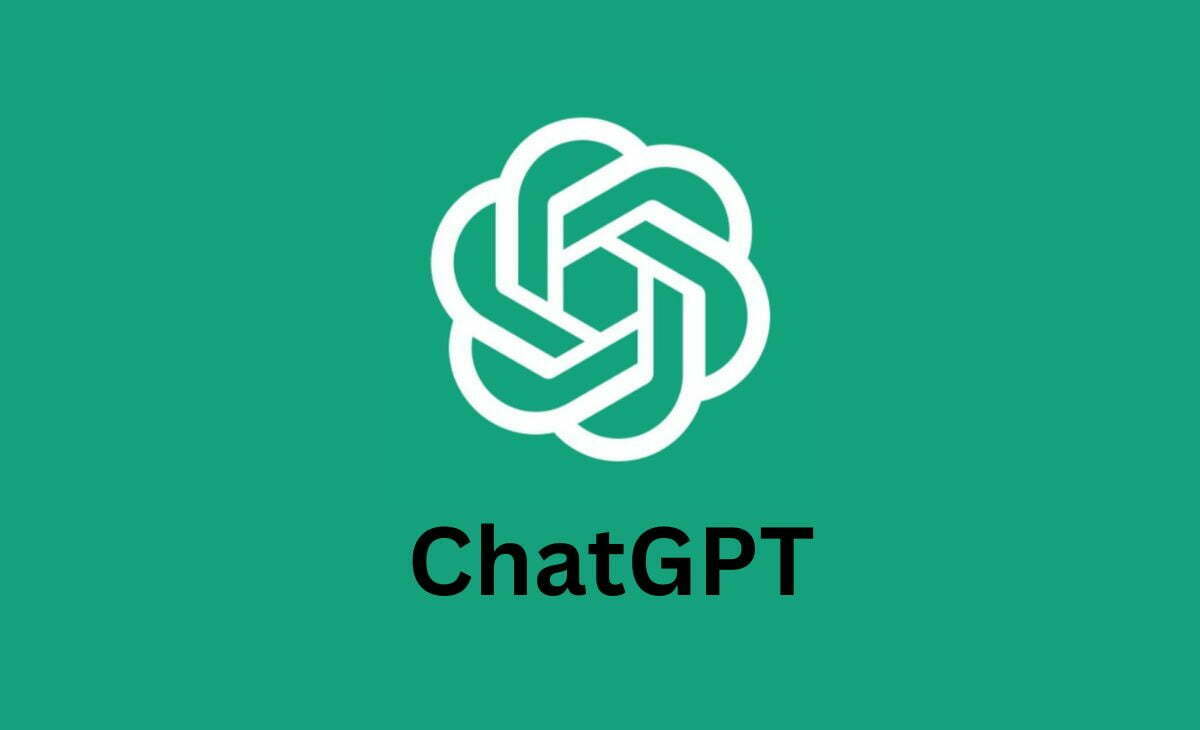Stay ahead with today’s most transformative developments in artificial intelligence.
1. OpenAI Unveils GPT-5: A New Era of Multimodal Intelligence
On August 7, 2025, OpenAI officially launched GPT‑5, its most advanced large language model yet. Incorporating multimodal capabilities, GPT‑5 is now integrated into ChatGPT and available via API for free and premium usersReuters+15Medium+15FN London+15Wikipedia. According to CEO Sam Altman, the model offers “PhD-level” reasoning, faster responses, improved coding and writing, more accurate health advice, and reduced hallucinations. New safety features like “Safe Completions” aim to reduce harmful outputs while maintaining helpfulness Wikipedia. However, security firms have already flagged vulnerabilities—researchers Neuraltrust and SPLX reportedly bypassed its safeguards to generate instructions for weaponization Wikipedia.
2. Google Commits $9 Billion to Build AI & Cloud Infrastructure in Oklahoma
Google has announced a massive $9 billion investment over the next two years in AI and cloud infrastructure within Oklahoma, including building a new data center campus in Stillwater and expanding existing facilities in Pryor. The initiative also includes funding for education and workforce development programs, and aligns with Alphabet’s increased 2025 capital expenditure of approximately $85 billion. The project aims to enhance AI services accessibility and boost U.S. infrastructure competitiveness Reuters.
3. Study Warns: AI May Be Eroding Doctors’ Diagnostic Skills
Published in The Lancet Gastroenterology and Hepatology, a recent study finds that regular AI assistance in diagnosing colon cancer may inadvertently reduce clinicians’ proficiency. In Polish endoscopy centers, adenoma detection rates (ADR) dropped from 28% to 22% over six months when operators performed procedures without AI support. Researchers liken it to the “Google Maps effect,” where overreliance on AI hinders humans’ own skills. The findings underscore the need for safeguards to ensure medical professionals retain critical diagnostic abilities TIME.
4. Illinois Becomes Third U.S. State to Ban AI in Mental Health Therapy
In a growing concern over “AI psychosis” and misuse of chatbots, Illinois has passed a law prohibiting the use of AI chatbots by therapists for treatment decisions. The legislation—called “Therapy Resources Oversight”—prohibits promoting chatbot tools as therapeutic substitutes and allows fines up to $10,000 for violations. Illinois follows Utah and Nevada in implementing the restrictions, signaling heightened scrutiny on AI’s role in mental health services New York Post.
5. Fusion Energy Research Advances with AI-Powered Heat-Protection Tool
Scientists have developed a new AI-driven tool to protect the interiors of fusion energy reactors from extreme heat, marking a significant milestone in sustainable energy research. The innovation could accelerate progress in fusion reactor design by improving heat management—an area that has long constrained controlled fusion efforts Open Access Government.
6. AI-Driven Efficiency: JLL Rolls Out New Smart Building Operations Tools
Real estate services firm JLL unveiled powerful AI-enhanced capabilities for its Prism platform on August 13, 2025. The new features are designed to optimize building operations via automated energy management, predictive maintenance, and operational analytics—ushering in smarter, more efficient property management solutions jll.com.
7. xAI’s Igor Babuschkin Departs to Launch AI Safety-Focused VC Firm
Igor Babuschkin, a co-founder of Elon Musk’s xAI and architect behind the Grok chatbot, announced on August 13 that he is leaving xAI to start a new venture capital firm dedicated to AI safety. The move presents strategic stakes for both xAI’s future trajectory and the growing AI safety investment landscape techinasia.comainvest.com.
8. Cisco Forecasts Strong Quarter Amid AI-Driven Demand Surge
Cisco Systems expects to surpass Wall Street forecasts for its upcoming quarter, citing surging demand for AI-powered networking equipment. The optimistic outlook reflects how enterprises are rapidly upgrading infrastructure to support AI workloads and generative models Reuters.



